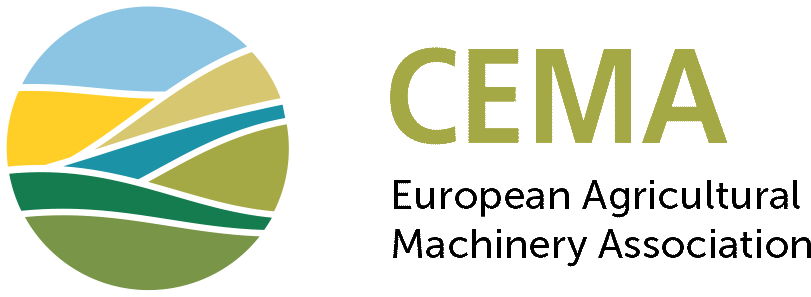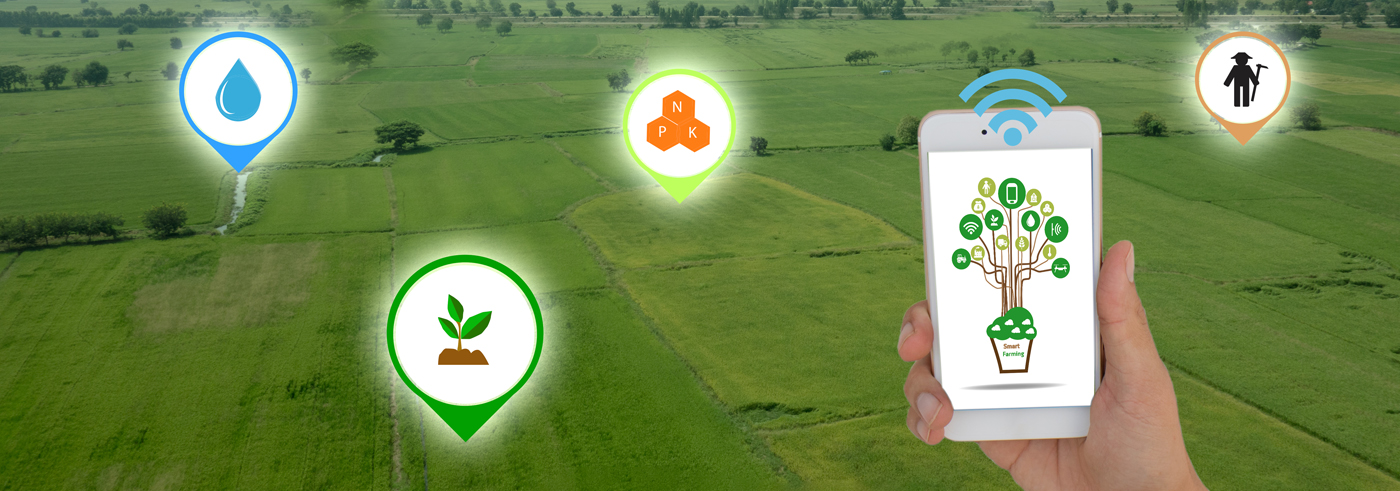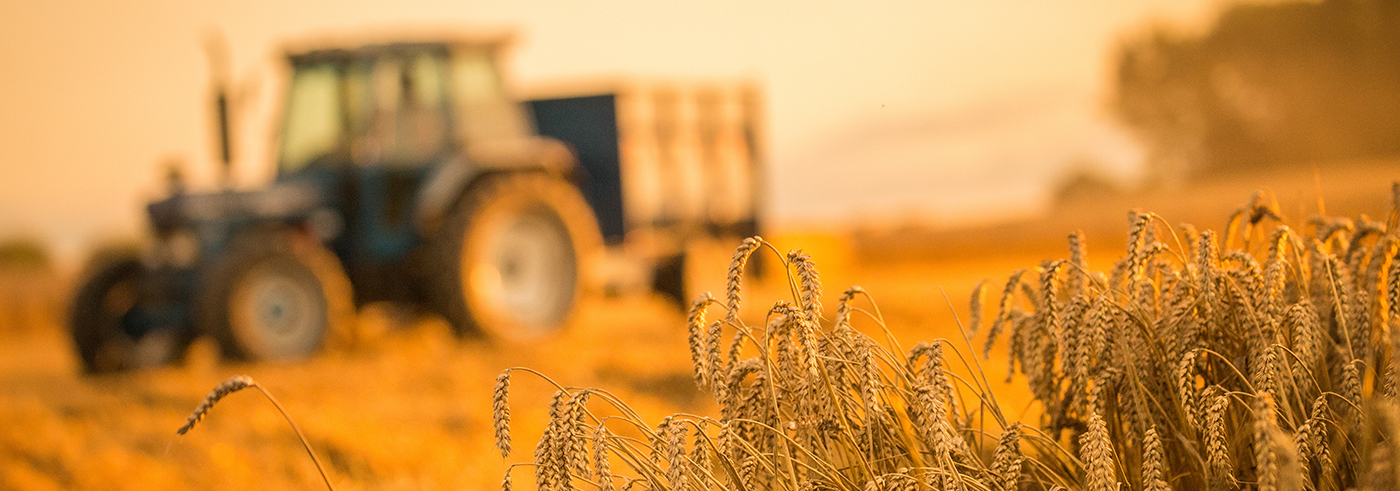On the 15th of February 2018, the Smart-AKIS project was invited to make a presentation in the occasion of the VDMA Technical Working Committee – AKT, in Frankfurt.
With more than 3,200 members, VDMA is the largest network organization for mechanical engineering in Europe. The association represents the common economic, technological and scientific interests of the diverse German industry and its division ‘Landtechnik’ is a member of CEMA.
The focus of the joint meeting of the VDMA Working Committee “Technique” and the Advisory Board of the Standardisation Group for Agricultural Machinery is on the digitization in agricultural engineering and agriculture. For this reason, Smart-AKIS has been invited as a concrete example of EU-funded project fostering smart agriculture in the EU. Besides, numerous German companies have contributed to populate one of the milestones of Smart AKIS, the online platform featuring more than 1,500 Smart Farming Technologies https://smart-akis.com/SFCPPortal/.
Sara Djelveh (CEMA) presented the project to an audience of around 100-120 participants, mainly representatives of the different VDMA member companies (German Trade Association for Agricultural Machinery Manufacturers).
During the meeting, several points were raised concerning the future of Smart Farming Technologies in Europe, with a particular focus on two topics that are of high interest for Smart-AKIS:
- the need for cooperation among different actors (but also among competitors working for the same goals) and;
- standardization of agricultural machines.
As about the latter, during the AKT meeting, Mr. Norbert Schlingmann (AEF - Agricultural Industry Electronics Foundation (http://www.aef-online.org/) presented the latest developments to ensure smooth but also safe and secure transfer of different machine data to farm and cloud. Established in 2008 by seven international agricultural equipment manufacturers and two associations, the AEF is an independent international organization to support the development, implementation and enhancement of standards for the increased use of electronic and electrical systems in mobile farming equipment. Initially, the main focus of AEF was the development of the so-called ISOBUS standard (ISO 11783) which governs electronics and data exchange between different farm machines (e.g. tractor – farm implement).
With the digital revolution in farming unfolding, the AEF’s scope of work is no longer limited to ISOBUS only, but has been expanded to cover additional areas of critical importance for Digital Farming such as: farm Management Information Systems (FMIS), wireless in-field communication, high-speed ISOBUS, electric drives, and camera systems. Currently, more than 190 members work together under the umbrella of the AEF. The AEF will provide the continuous encouragement and support necessary for introducing its guidelines to ISO standards in agricultural electrical and electronic systems.
Other speakers at the meeting included representatives of different agricultural machinery companies (among which: AGCO, Claas, John Deere, Kvenerland, etc.), as well as for representatives of other European Farm Equipment Associations: Guillaume Bocquet (AXEMA, France) and Roger Stirnimann (HAFL, Switzerland).
There was overall consensus on the role digitalization will play and the opportunities it will provide for the agricultural sector in terms of productivity, sustainability and vitality of the rural communities. It makes agricultural engineering more fascinating than ever before.







